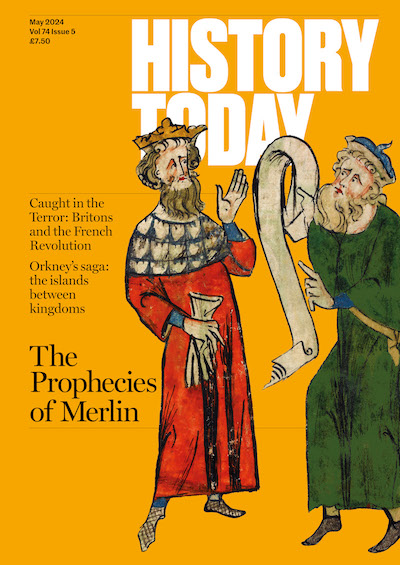Rome and the Great Social War
Defeated enemies, as history shows, may become devoted allies. Once Rome had seemed the tyrant of Italy. After the successful outcome of the Social War, writes Harold Mattingly, her Italian neighbours took their places at her side, ready to assist her in the gigantic task of government.



